SERIES REVIEW – The first few episodes of Monsieur Spade on AMC+ brilliantly introduce Sam Spade, Dashiell Hammett’s timeless detective, to the quaint towns of France. However, this sequel to the world-renowned detective story, The Maltese Falcon, quickly collapses. Even Clive Owen’s radiant performance isn’t enough to lend gravitas to the overly conflicting plot lines that fail to build to a satisfying conclusion.
Channeling the confidence of Humphrey Bogart and the masterful weariness seen in his own performance in Children of Men, Owen crafts an excellent portrayal of Spade. Sent to the small French town of Bozouls to settle some affairs involving The Maltese Falcon’s femme fatale, Brigid O’Shaughnessy, her equally criminal lover Philippe Saint-Andre (Jonathan Zaccaï), and their daughter Teresa (Cara Bossom), Spade ends up taking a new job from the charming vineyard owner, Gabrielle (Chiara Mastroianni). The chemistry between Owen and Mastroianni is strong, yet Monsieur Spade would have benefited more from developing the romance between their characters rather than just relying on the sparks they emit.
Homage or Parody? The creators are unsure…
Instead, creators Scott Frank and Tom Fontana jump eight years forward to 1963. Now a widower, Spade’s tranquil retirement—consisting of drinking wine and swimming nude in his estate’s pool—is disrupted by a brutal murder at the convent where he placed Teresa. The crime initiates a reasonably well-executed sequence of “tough guy protects precocious girl” and an absurdly convoluted plot that involves far too many characters.
One key issue is that Frank and Fontana seem unsure whether they want to mock or honor the film-noir trappings of The Maltese Falcon and its many imitators. The former is suggested by the awkward introductory text noting the absurdity of the greatest private investigator ending up in France, characters who repeatedly mock Spade’s name, and the clumsy comic relief delivered by nosy neighbors played by Matthew Beard and Rebecca Root. This renders the serious plots of Monsieur Spade, which probe the horrors of the Algerian War, particularly incongruous. Frank managed a blend of violence and romantic comedy 26 years ago in Out of Sight, but the chasm between grappling with war crimes and spy parody is too wide for him to bridge here.
Muddled storytelling
Monsieur Spade is at its best when Spade is delivering witty dialogue and effortlessly disarming people, with the reluctant help of Bozouls’ cynical police chief, Patrice Michaud (Denis Ménochet). Philippe, gradually becoming more significant over several episodes before his first appearance, presents a worthy foe. His often-smirk-laden, predatory confidence, which rivals that of Spade’s, poses a real challenge for the detective, now out of practice and suffering from emphysema due to years of chain smoking. The moody jazz score and the glimpses of darkness in even Bozouls’ seemingly saintly residents enhance the noir vibe.
However, these six episodes often feel like they come from multiple different shows stitched together. The traditionally valuable MacGuffin of The Maltese Falcon in this series is so bizarre that it twists the plot from small-town drama to espionage thriller to a terrible knockoff of The Da Vinci Code. Monsieur Spade shines when Spade and Michaud belittle the skills of a local chef, delivering compelling, albeit out-of-place, drama through the story of Algerian War veteran Jean-Pierre Devereaux (Stanley Weber). But it’s utterly atrocious when its focus shifts to a fanatical sect within the Vatican.
What dreams are made of?
Monsieur Spade truly falls apart in the final two episodes, when pointless new characters are introduced to further muddle the plot before it crashes to a messy end. Numerous conflicts—multiple inheritances, a blackmail ring, and an attempt at reconciliation by Jean-Pierre’s dying father—lead nowhere, but the introduction of fresh romances and the resurgence of seemingly resolved conflicts so late in the game is particularly baffling.
Most troubling: Spade doesn’t feel like the center of his own show. Nearly every breakthrough in the case comes from another character’s legwork, the villains’ sloppiness, or some contrivance in the writing. Spade spends most of the climactic conflict stuck in traffic, and even the final parlor scene is stolen by a guest star who swoops in at the last moment to ostensibly make things right. There’s no inherent problem with having the aging detective lose some fights, provided he still demonstrates the sharpness of his vaunted wits. But the high point of his arc arrives in episode 4 when he lays out what he’s figured out while kicking around a French spy. This, to paraphrase the man himself, is not what dreams are made of.
The Maltese Falcon would easily outfly Monsieur Spade today
The series always faced the daunting task of living up to one of the greatest film classics, and the sequel to The Maltese Falcon did not fare well, marred by overly complicated plotlines and poorly mixed styles. While Clive Owen excels in delivering witty dialogue, supported by strong secondary characters, it is still not enough to redeem the awkward recall of the legendary detective from retirement.
-Gergely Herpai (BadSector)-
Monsieur Spade
Direction - 5.2
Actors - 8.2
Story - 4.8
Visuals/Music/Sounds - 6.5
Ambience - 6.2
6.2
FAIR
Monsieur Spade showcases Dashiell Hammett’s iconic detective, Sam Spade, on rural French adventures, but unfortunately, despite a promising start, the overly complicated, messy, and at times, ridiculous plot, and style mashups quickly lose momentum. Clive Owen's captivating performance cannot save the series, which confusingly mixes drama, thriller, and comedy, ultimately failing to deliver the quality one might expect. Monsieur Spade ultimately leaves a jumbled and unsatisfying feeling, unworthy of the legendary detective’s character.

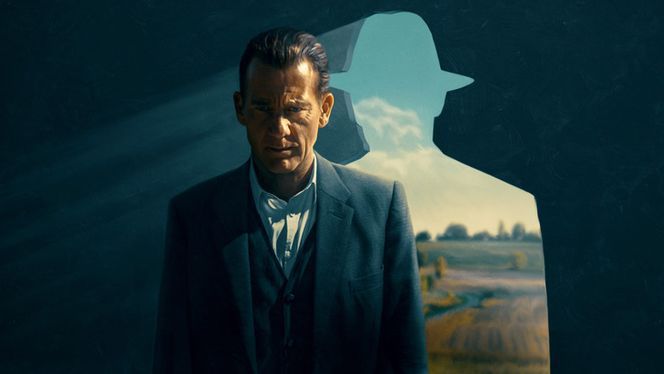
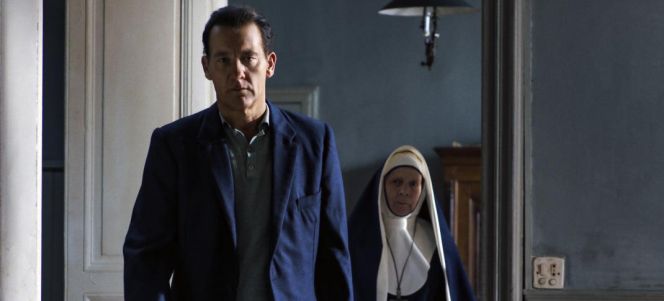
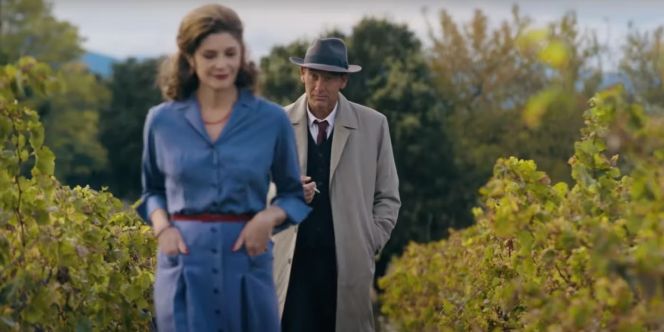
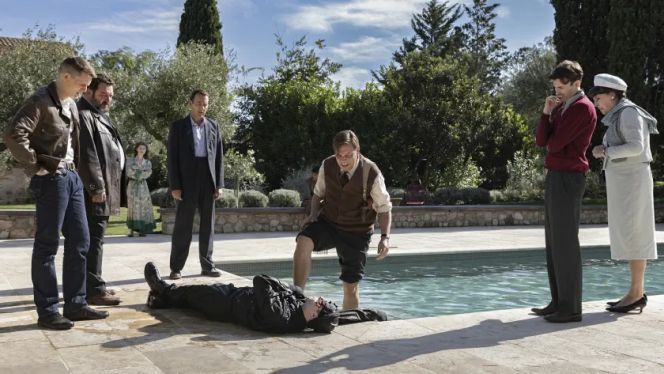

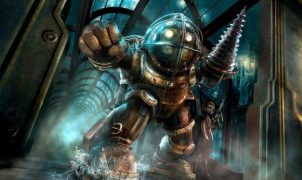

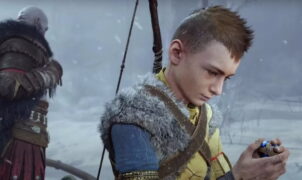


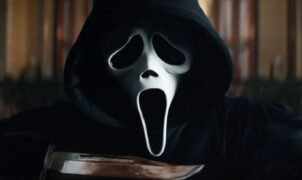
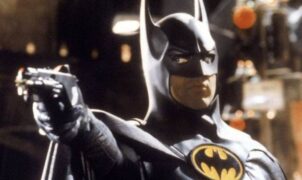


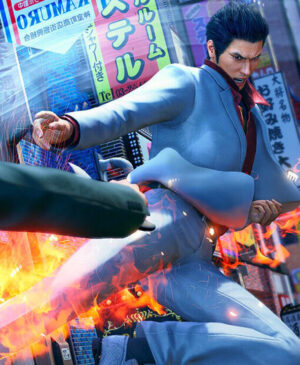



Leave a Reply